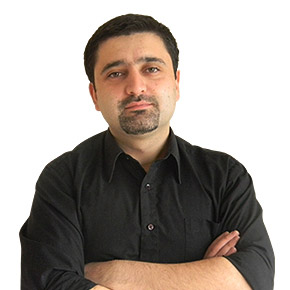A study conducted by Pew Research Center and dedicated to the position of Turkish society to Erdogan and Turkey’s development trends sparked great interest as I read it recently. The summary of the research is available on the Center’s website.
The work points out which social groups back Erdogan and the government’s policy. The population’s socio-political stance, which was viewed with regard to educational qualification and which seems to explain modern Turkey’s main development milestones, interested me the most.
Thus, 49% of people with secondary education background are happy with the state’s development trend, whereas this index does not exceed 30% among those with higher education. Almost the same picture is observed in support for anti-government protests – the majority of people with higher education support them, while those without it – do not.
The next quite distinctive index refers to the link between religiosity and trust in government.
For instance, the credibility in government among Muslims praying once a day makes 27%, while the credibility of Muslims praying five times a day reaches 79%. Only 25% of people praying once a day and 74% of people praying five times a day trust Erdogan. 33% of people praying once a day and 72% of people praying five times a day trust the police.
As evident from these data, people with mainly secondary education and Muslims whose number will gradually increase considering the demographic growth in primarily rural communities support the government.
These data enable to find quite a rational explanation for the statements issued by Erdogan and other leaders of the ruling party, which received deep resonance in the world. Although, the “fact” Muslims “discovered America” as well as the inexpediency of education among women were adversely perceived in the world, they received broad support from the Turkish society.
The qualitative aspect of this is that managing a crowd and scholastic statements are becoming the integral part of the government’s domestic policy. However, in my opinion, the public setback translating into a source of governmental legitimacy is the most negative aspect. Unfortunately, it is typical of not only Turkey, but also the Middle East and a number of post-Soviet countries.
Sevak Sarukhanyan is a visiting Fulbright Fellow at Georgetown University. These views are his own.

















